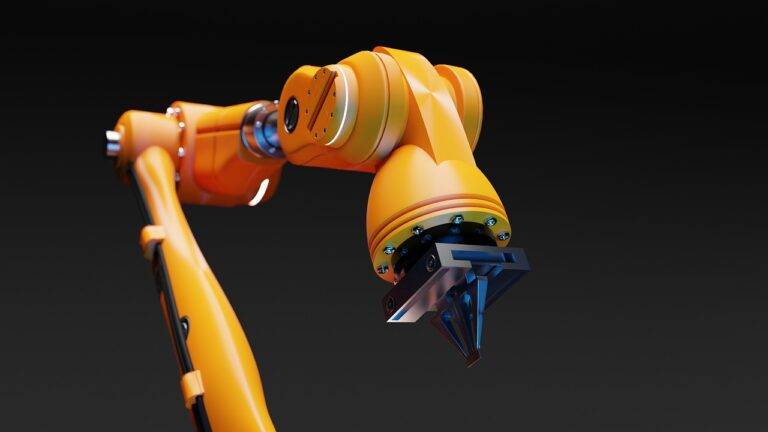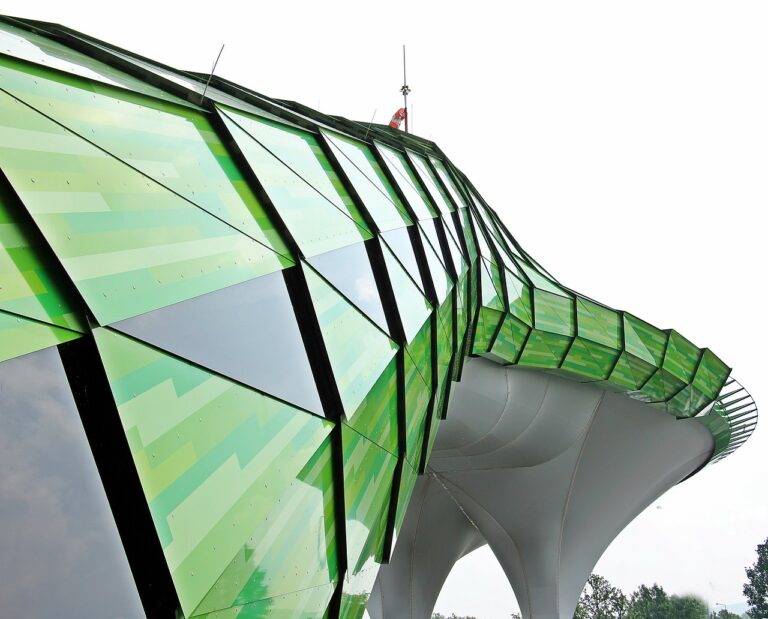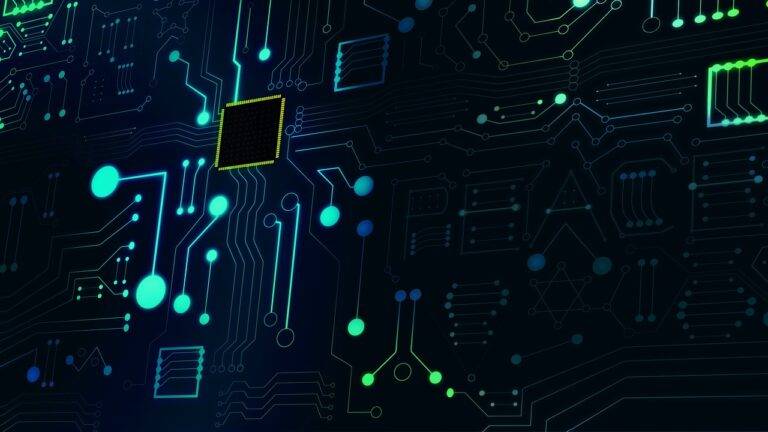The Role of Tech in Water Conservation and Management
Technology plays a crucial role in monitoring water usage in various sectors, including agriculture, industry, and residential areas. With the advancement of smart meters and sensor technology, real-time data can be collected to track water consumption trends accurately. These data-driven insights enable stakeholders to identify areas of high water usage, detect leaks promptly, and implement strategies for efficient water management.
The use of remote monitoring systems allows for the continuous tracking of water usage levels without manual intervention. By integrating these technologies into water management systems, organizations can optimize their water usage, reduce wastage, and enhance overall sustainability efforts. Overall, technology is revolutionizing the way we monitor and manage water usage, leading to more efficient and responsible practices in water conservation.
Innovative Solutions for Water Conservation
One effective solution for conserving water is the implementation of smart irrigation systems in both agricultural and urban settings. These systems utilize sensors to detect moisture levels in the soil and adjust watering schedules accordingly, reducing water waste significantly. By incorporating technology into irrigation practices, water usage can be optimized, leading to more efficient conservation efforts.
Another innovative approach to water conservation is the adoption of greywater recycling systems in residential and commercial buildings. Greywater, which is wastewater from sources like sinks and showers, can be treated and reused for purposes such as flushing toilets or irrigating landscaping. This sustainable practice not only reduces the strain on potable water sources but also helps in minimizing pollution by diverting wastewater away from sewage treatment plants.
Data-Driven Approaches to Water Management
Data-driven approaches have revolutionized the way water management is conducted across various sectors. By utilizing advanced analytics and real-time monitoring systems, decision-makers can now access detailed insights into water usage patterns, identify potential areas of inefficiency, and implement targeted strategies for conservation. This proactive approach allows for more effective resource allocation and the optimization of water distribution networks, ultimately leading to substantial cost savings and improved environmental sustainability.
Furthermore, the integration of Internet of Things (IoT) devices and sensor technology has enabled the collection of vast amounts of data related to water consumption and infrastructure performance. This wealth of information offers valuable opportunities for predictive modeling and risk assessment, helping to anticipate potential issues before they escalate. Through the continuous analysis of data trends and the implementation of predictive algorithms, water management organizations can enhance operational efficiency, reduce downtime, and ensure reliable access to clean water for communities around the globe.
• Data-driven approaches have revolutionized water management
• Advanced analytics and real-time monitoring systems provide detailed insights into water usage patterns
• Identify areas of inefficiency and implement targeted conservation strategies
• Allows for more effective resource allocation and optimization of water distribution networks
Furthermore, the integration of Internet of Things (IoT) devices and sensor technology has enabled the collection of vast amounts of data related to water consumption and infrastructure performance. This wealth of information offers valuable opportunities for predictive modeling and risk assessment, helping to anticipate potential issues before they escalate. Through the continuous analysis of data trends and the implementation of predictive algorithms, water management organizations can enhance operational efficiency, reduce downtime, and ensure reliable access to clean water for communities around the globe.
What role does technology play in monitoring water usage?
Technology allows for real-time monitoring of water usage, providing data on consumption patterns and potential leaks for efficient water management.
What are some innovative solutions for water conservation?
Innovations such as smart irrigation systems, water recycling technologies, and sensor-based monitoring systems help optimize water usage and minimize waste.
How can data-driven approaches improve water management?
Data-driven approaches use analytics and insights from water usage data to make informed decisions, prioritize conservation efforts, and optimize resource allocation for effective water management.





